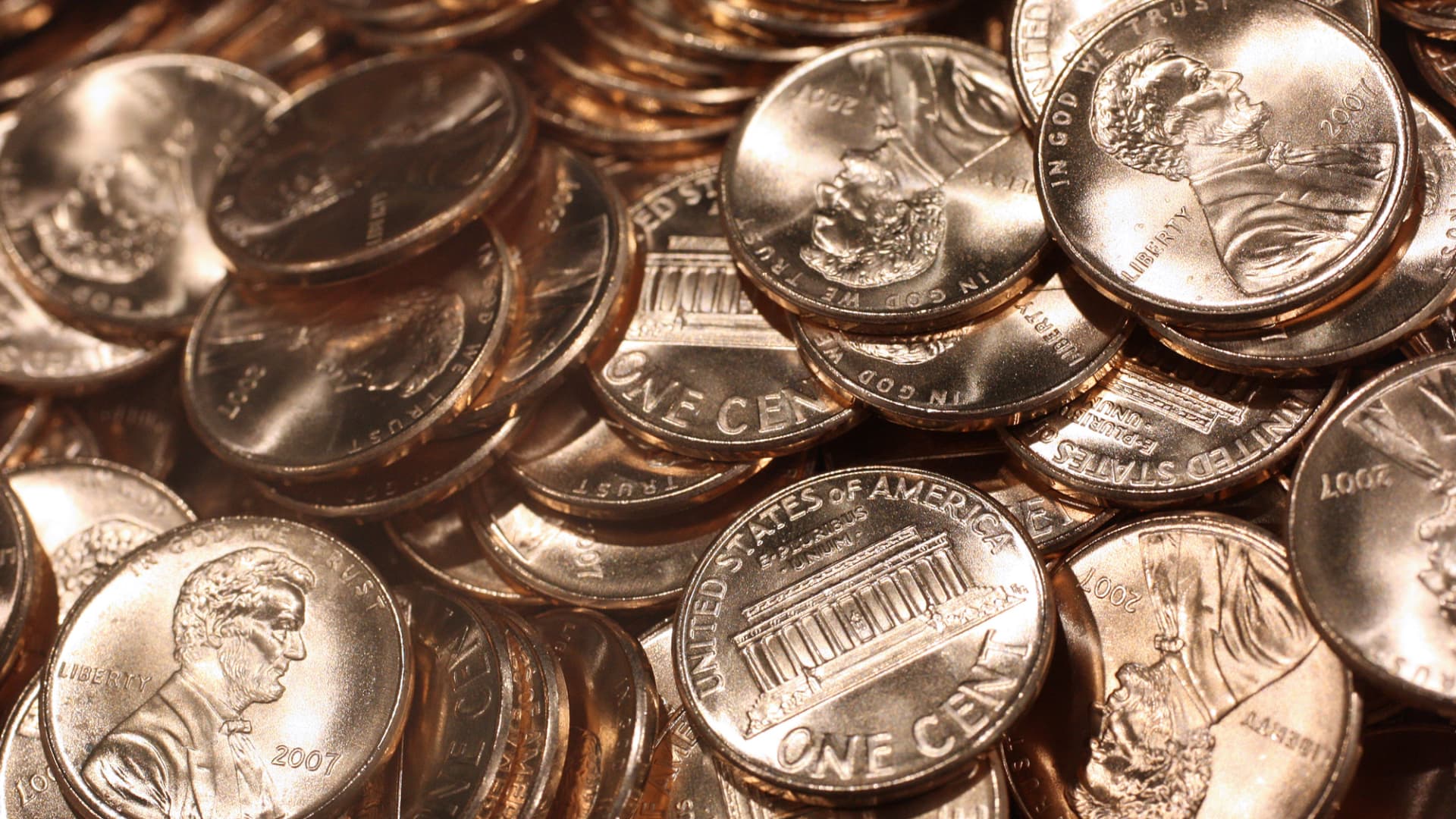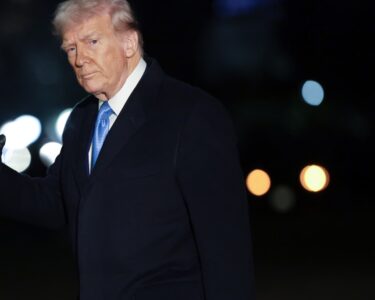WASHINGTON — A bipartisan bill to authorize the U.S. Mint to alter the metal content of coins in order to save taxpayers money will be reintroduced on Thursday, the two senators sponsoring the bill told CNBC exclusively.
The bill’s reintroduction comes just days after a new report from the U.S. Mint revealed that in 2022, soaring costs for raw metals drove the price of minting a single nickel past 10 cents, or more than double the value of the coin itself.
GOP Sen. Joni Ernst, of Iowa, and Democratic Sen. Maggie Hassan, of New Hampshire, say their legislation is designed to cut the rising expense of minting America’s quarters, dimes, nickels and pennies.
“It’s absolute non-cents that American taxpayers spend ten cents to make just one nickel,” Ernst said in an email to CNBC. “Only Washington could lose money making money.”
Officially titled the Coin Metal Modification Authorization and Cost Savings Act, the legislation was originally introduced in both the House and Senate in 2020.
The bill passed the House that year with overwhelming bipartisan support. But it ended up on the Senate’s cutting room floor in favor of more urgent pandemic-related legislation.
The chief sponsor of the 2020 House bill, Republican Rep. Mark Amodei, of Nevada, will be introducing a new version of it in the House in coming days, a Senate aide told CNBC.
Today, Washington’s pandemic-era spending spree is over. In its place is a new Republican House majority with a focus on slashing federal red tape and cutting government spending — all of which could be good news for Hassan and Ernst’s Mint bill.
“This bill will save millions of dollars per year by modifying the composition of nickels, dimes, and quarters with less expensive metals,” Hassan wrote in an email to CNBC. “I urge my colleagues on both sides of the aisle to support our bipartisan bill.”
As party leaders in the House and the Senate work to line up legislation that can pass with bipartisan support as part of an eventual debt ceiling and budget package later this year, proposals like the one from Ernst and Hassan may gain more momentum than usual.
“This commonsense, bipartisan effort will modify the composition of certain coins to reduce costs while allowing for a seamless transition into circulation,” Ernst said. “A penny saved is a penny not borrowed.”
Read more of CNBC’s politics coverage:






